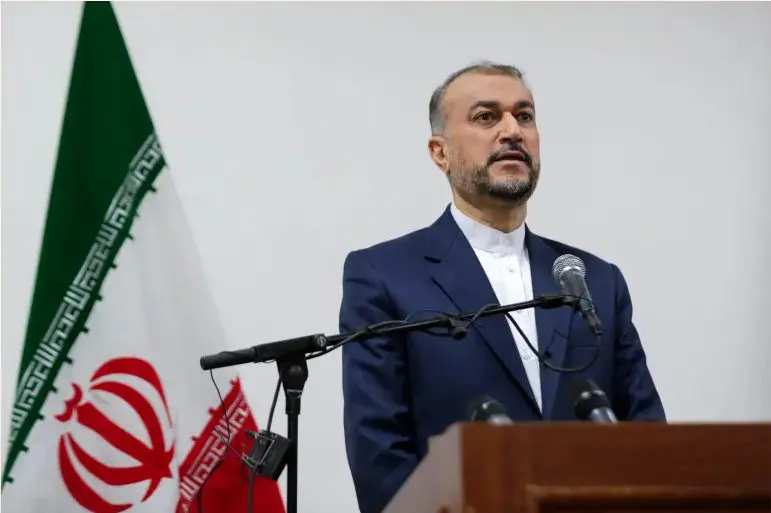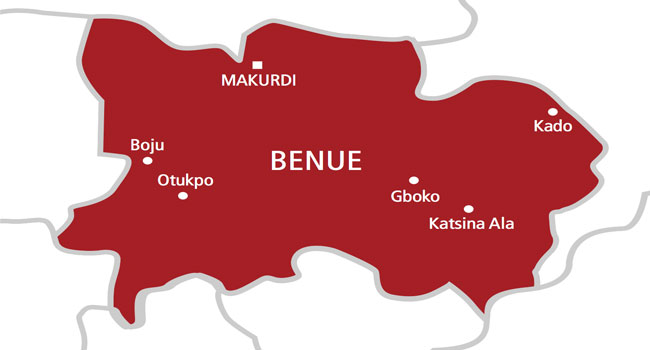The management of the Universal Basic Education Commission (UBEC) has commenced the process of ensuring full implementation of E-learning programmes in basic education across the country following the challenges occasioned in the sub-sector by the COVID-19 pandemic lockdown and closure of schools.
The Commission has accordingly assembled a team of experts in Kano for a 5-day workshop for the development of Course Outline and Course Contents for the training of education managers, teachers, technical support personnel and other stakeholders for the Smart Schools and E-Learning programmes in basic education in Nigeria.
This was revealed by the Head of Public Relations Unit of UBEC, Mr David Apeh, in a statement, on Wednesday, in Abuja.
He said the experts at the workshop would identify courses required for stakeholders of E-learning and Smart Schools projects.
He added that they would also develop course outline and course contents for E-learning and Smart Schools projects as well as modalities for the delivery of the training courses on E-learning and Smart Schools projects.
He recalled that the Commission is building 6 Smarts Schools (Six Information, Communication and Telecommunications schools) in the six geo-political zones at a cost of about N3.6 billion as part of initiative to encourage e-learning in the country.
UBEC will also build one of such schools in the 36 states of Federation with each estimated to cost about N350 million.
The schools which will have the capacity to accommodate a large number of students and ICT infrastructure.
Apeh noted that the training was very essential as it is intended to empower the teachers with skills that enable them to develop their own contents and as well deliver such contents.
Executive Secretary of UBEC, Dr Hamid Bobboyi, in his speech delivered at the workshop said, “The recent challenges in the basic education sub-sector occasioned by the COVID-19 pandemic have accelerated the need for new learning and teaching models that offer learners and teachers flexible learning opportunities that seek to ensure unfettered access to quality education.
“Hence the idea of integrating e-learning into the Basic Education system.
“Fortunately, the Commission, even before the outbreak of the Covid-19 pandemic, has been vigorously pursuing two important projects; the Smart Schools and the E-learning projects.
“In order for these 2 projects to successfully take off, there is the need for the Commission to develop the capacity of relevant stakeholders that will ultimately manage these schools in particular and the Basic Education sub-sector in general”.











